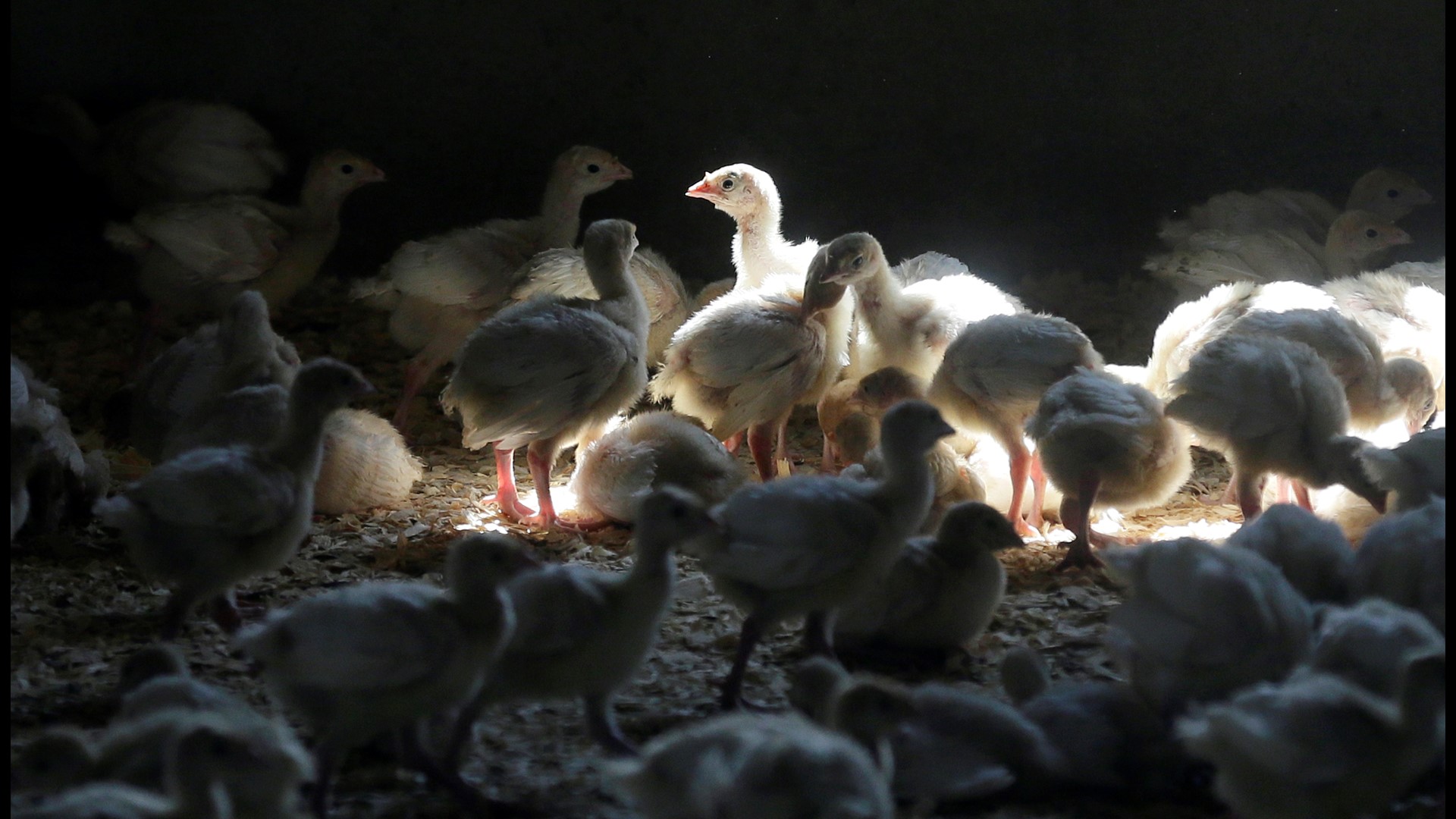LANCASTER, Pa. — The Pennsylvania Department of Agriculture confirmed the first case of Highly Pathogenic Avian Influenza (HPAI) in nearly four decades in Lancaster County over the weekend.
The flu was found in a flock of commercial layer chickens on a poultry farm in East Donegal Township, the department said.
Tom Beachler, vice president of operations at Kreider Farms, released the following statement:
"Kreider Farms, along with state and USDA officials, has been working round the clock to reduce the risk of further spread of the Avian Influenza. The loss of birds at this site represents 15% of our egg layers. Fortunately, we are still able to fill customer egg orders from our other remaining locations which have all tested negative for the virus. While our site situation is under control we are aware that this year's Avian Influenza is very transmittable in wild birds and still represents a very large threat to the nation's commercial egg, broiler, and turkey flocks."
The farm and 103 commercial poultry facilities in a 10-kilometer radius are quarantined.
Local farmer and poultry expert with Penn State, Emily Shoop, said the major concern surrounding the outbreak is potential spread.
“The problem with avian influenza is that it is so endemic in wild birds," Shoop, who has birds of her own, noted.
"The number one sign seems to be mortality. So that's a huge concern for folks that have backyard flocks, because in a commercial layer operation...we notice when hundreds of birds die, but if high mortality in a flock of 10 could be one -- that's 10%."
Shoop knows that for many farmers across the area who have smaller flocks, the flu could knock out potential revenue for farmers and drive up the costs to maintain and sell their products.
“I'm worried for the price of poultry and poultry products right now….the price of feed has shot up… I'm worried for the farms that are now taking a 1.4 million hit," Shoop said.
Data backs up those concerns. The U.S. Department of Agriculture reported the average weekly price of large eggs is up 44% compared to last year.
However, while prices may be on the rise, Shoop said consumers don't need to be concerned about contracting the avian flu.
"There's there's really no reason for the general public, the non-poultry having public to freak out," Shoop said. "It's not a foodborne illness."

